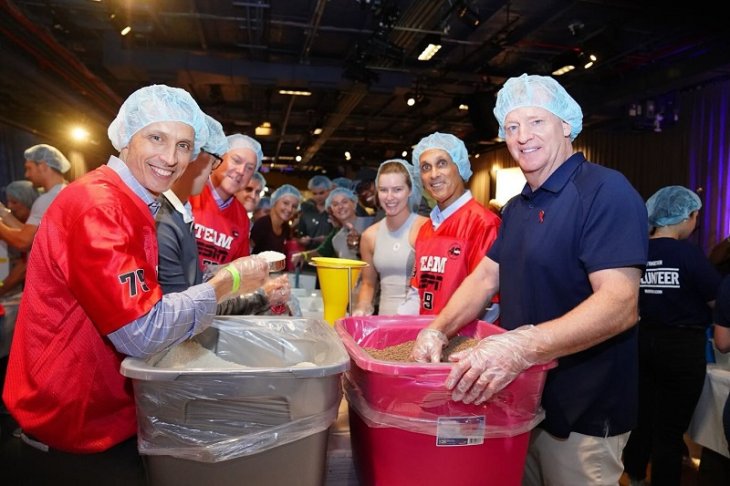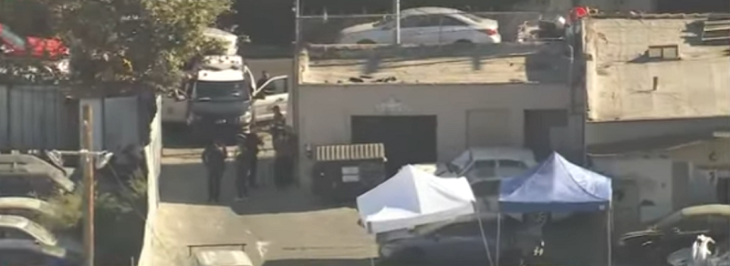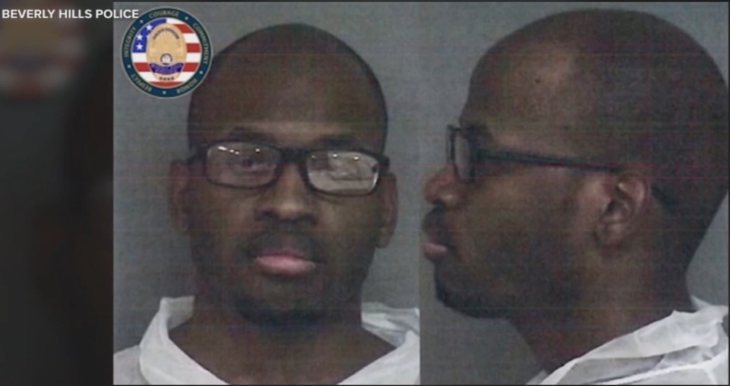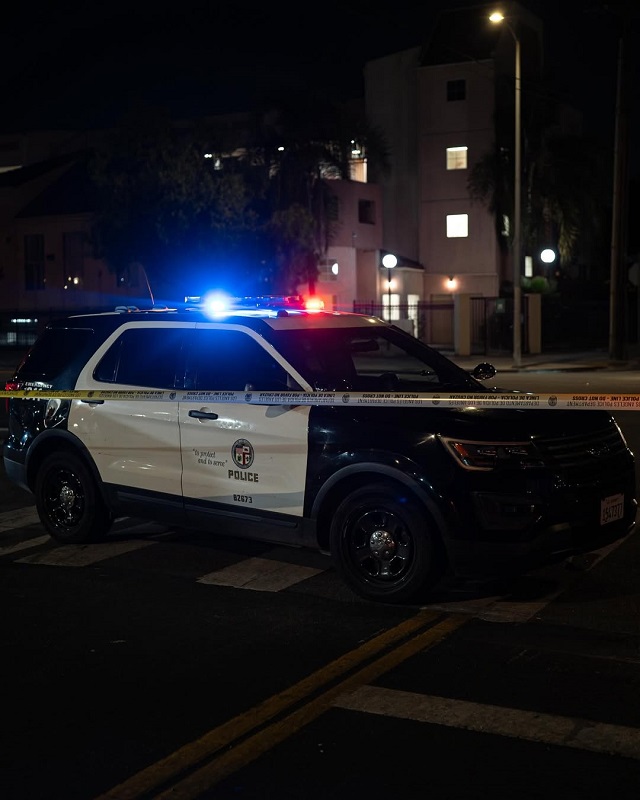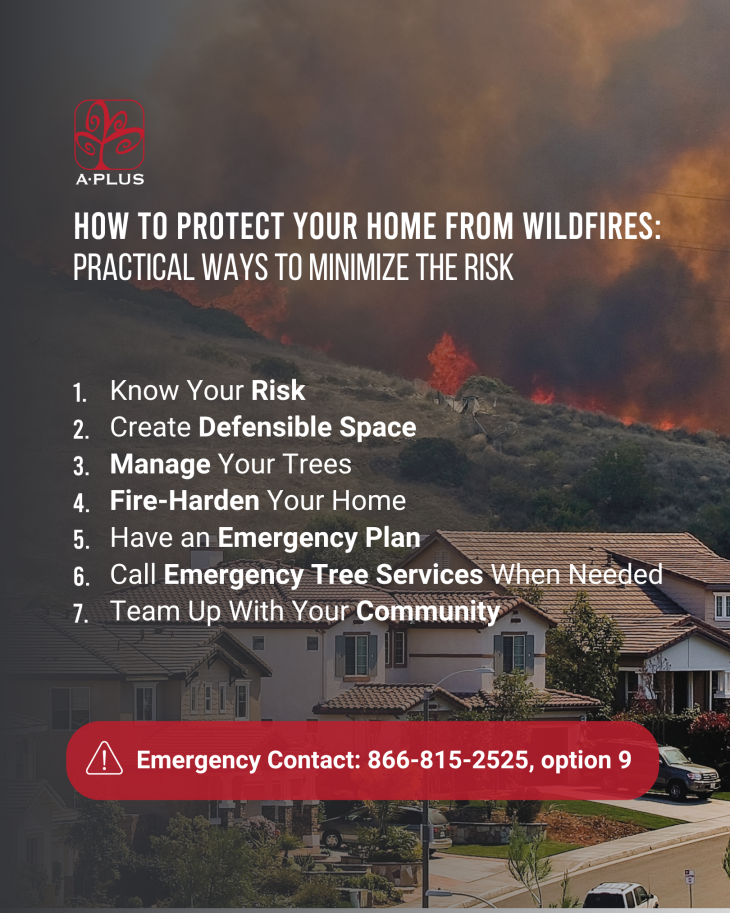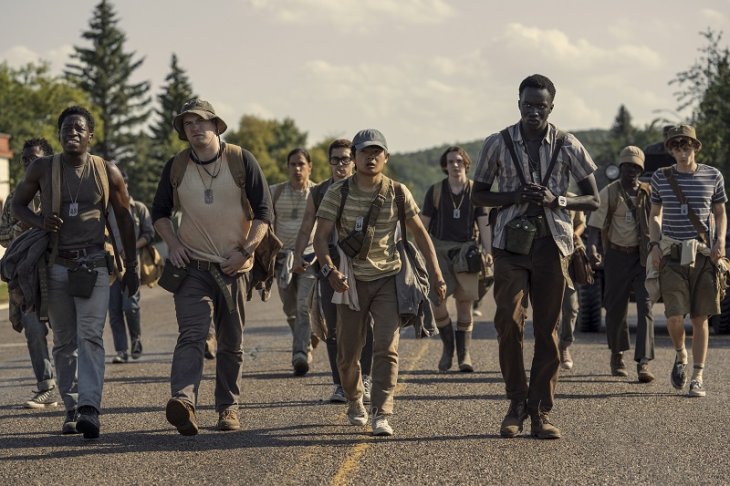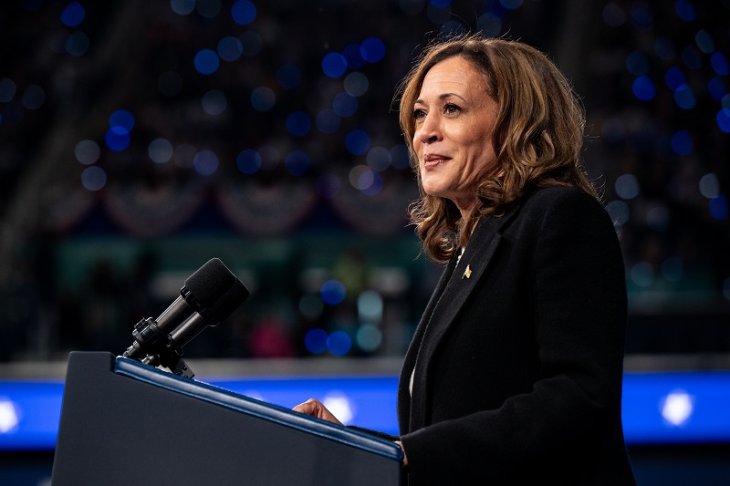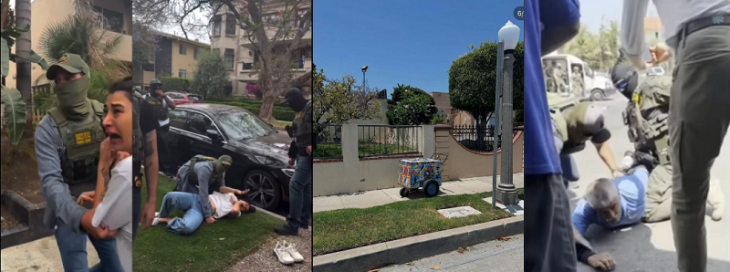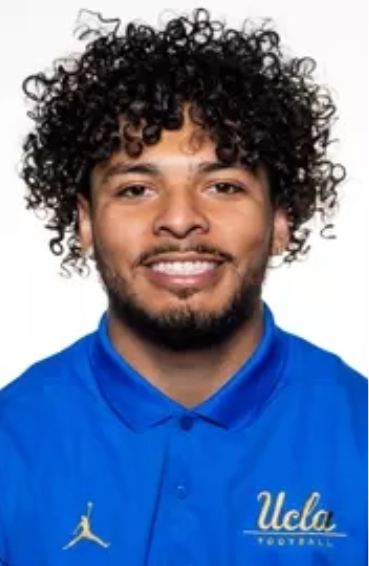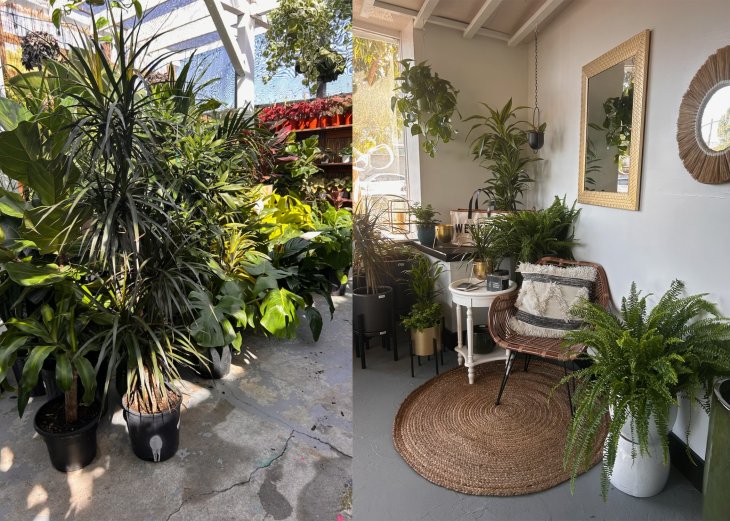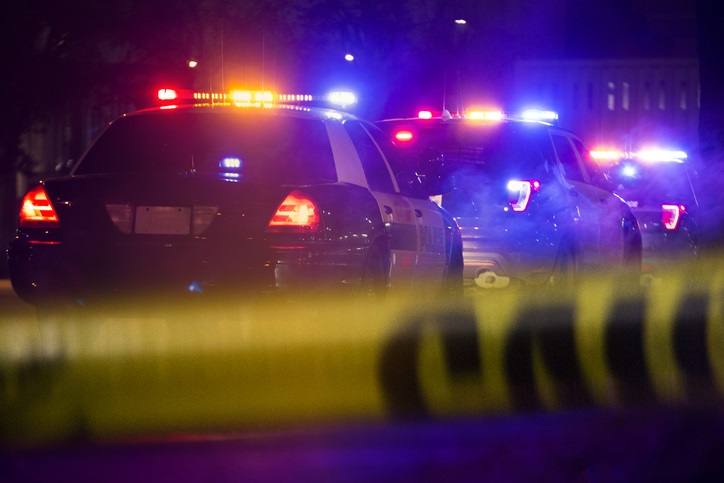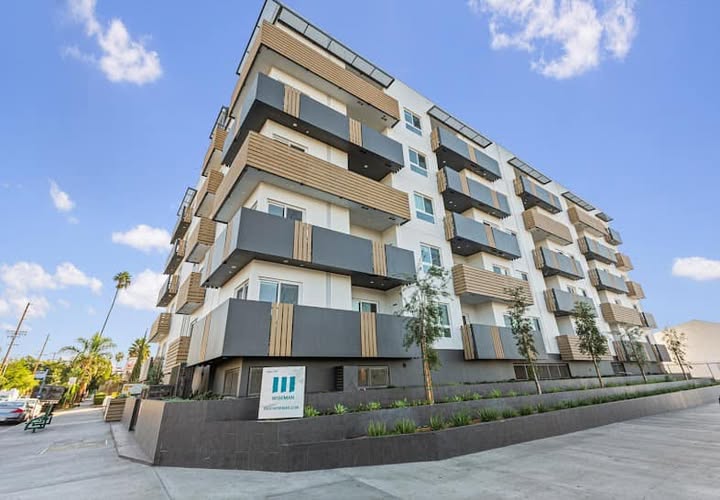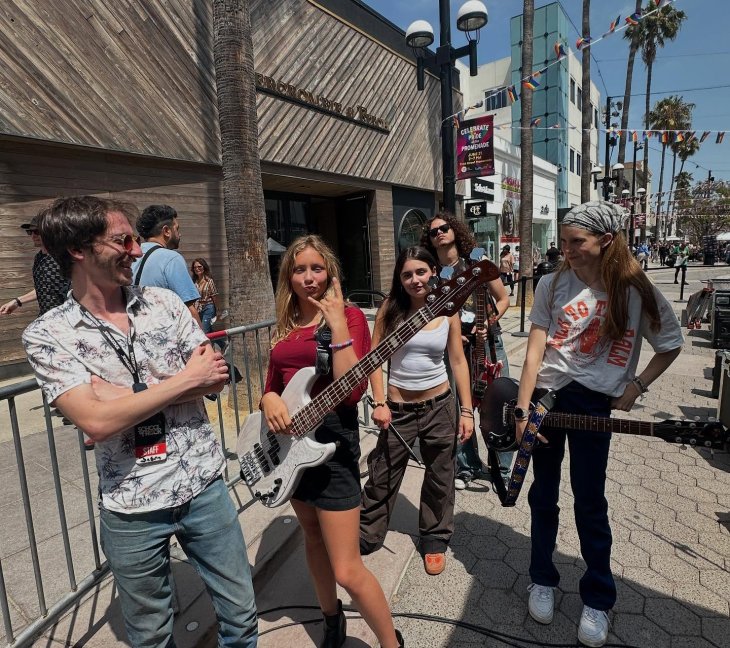Bella Zoe Martinez on Writing Her Story, Director Sue Ann Pien on Building an Inclusive Set
Once More, Like Rain Man, a powerful short film written by and starring autistic actress Bella Zoe Martinez, is gaining Oscar buzz for its unflinching yet humorous take on representation in Hollywood.
The film follows a 14-year-old version of Zoe as she endures a series of auditions for roles depicting autistic characters, only to be repeatedly told she is “not autistic enough.” The story offers a poignant and often satirical look at the barriers autistic performers face in an industry that frequently misrepresents neurodiverse communities.
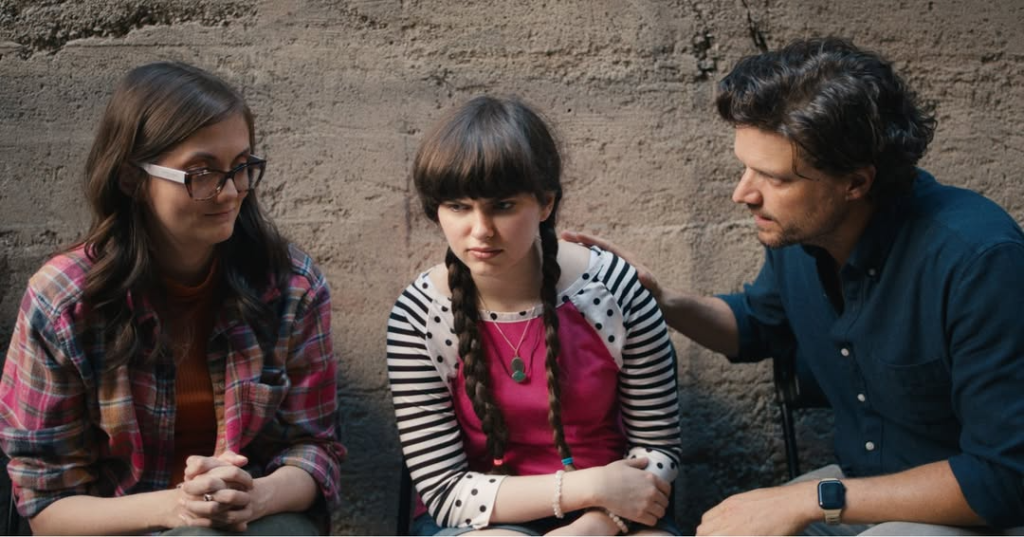
Directed by Sue Ann Pien, best known for Amazon Prime’s groundbreaking series As We See It as an actress, she took the helm for this short film project.
The film features a star-studded supporting cast, including Matt Jones (Breaking Bad), Joe Mantegna (Criminal Minds), Sosie Bacon (13 Reasons Why), and Tracy Reiner (A League of Their Own).
Once More, Like Rain Man will screen at the Laemmle Monica Film Center in Santa Monica from Sept. 12–18. You can purchase tickets here.
We spoke with Bella and Sue Ann, who spoke about being part of the entertainment industry on the spectrum and the short film that they poured their hearts into.
Interview: Bella Zoe Martinez on Once More, Like Rain Man
With Dolores Quintana
Dolores Quintana: Bella, how did you first get involved with Once More, Like Rain Man?
Bella Zoe Martinez: I actually co-wrote the film as part of my senior thesis project in high school. I’d never seen a story about someone on the spectrum told from their own perspective, so I wanted to change that.
Dolores: And you also starred in it! What inspired you to write a script instead of doing another type of project?
Bella: I’ve always loved storytelling, and it helped me cope with a lot of bullying and challenges I faced in middle and high school. I went to five different high schools in four years. At one point, I had to homeschool myself for half a semester because the district wouldn’t let me in. Writing this film was therapeutic and a way to tell my story.
Dolores: Had you always wanted to act?
Bella: Yes! As a kid, I made little videos with my toys. I didn’t realize it could be a real career until I went to acting school. Then I realized, “Oh, I can actually get paid to be weird!”
Dolores: What was it like acting in something you also wrote?
Bella: It was amazing. I trusted our director, Sue Ann Pien, completely. A lot of writers struggle to let go of control, but I knew she’d bring the story to life. The set was so relaxed and accommodating — very different from typical Hollywood sets.
Dolores: Zoe, your character, feels very real. How did you approach playing her?
Bella: I pulled from my own experiences and those of my brother and sister, who are also on the spectrum. Zoe isn’t me exactly; she’s her own character. I wanted audiences — autistic or not — to see themselves in her journey to be seen and understood.
Dolores: That’s such a universal feeling.
Bella: Exactly. We all feel misunderstood sometimes, but for autistic people, that feeling is often amplified. Still, the desire to belong is something everyone can relate to.
Dolores: What do you hope audiences take away from the film?
Bella: That neurodivergent people aren’t so different. We’re all weird in our own ways. The film builds understanding and shows that diversity is powerful and necessary.
Dolores: I hear there’s a feature version in the works?
Bella: Yes! We’re developing a feature-length adaptation. I’m also working on an animated universe and even a supernatural western. Neurodivergent people multitask — I always have lots of stories brewing!
Dolores: That’s incredible. Any final thoughts?
Bella: Find your people. Find your “weird.” It might take time, but your community is out there.
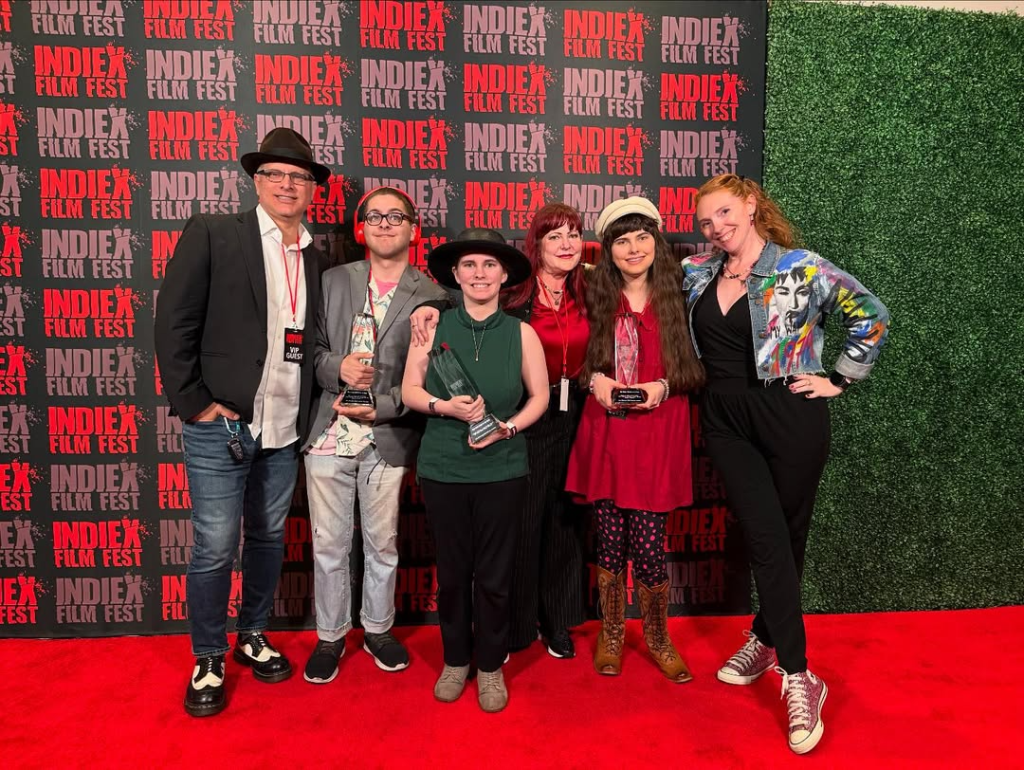
Interview: Director Sue Ann Pien on Representation and the Making of Once More, Like Rain Man With Dolores Quintana
Dolores Quintana: Sue Ann, could you introduce yourself and tell me a little about your background?
Sue Ann Pien: Sure. I’m best known as an actress and for starring in Amazon’s series As We See It, which was one of the first shows to feature autistic talent in lead roles. I’ve been acting professionally since 2004, but I started directing in 2016. Once More, Like Rain Man is my debut as a narrative film director.
Dolores: This production was notable for its authentic representation. Can you talk about that?
Sue Ann: Absolutely. More than 40% of our cast and crew are neurodivergent or living with disabilities. That includes autism, dyslexia, ADHD, and more. Coming off As We See It, I was able to bring in a lot of talented people, both in front of and behind the camera. Creating those opportunities was a priority — we wanted to tell this story with the community, not just about it.
Dolores: Why was it important to you personally to make this film?
Sue Ann: Representation. Historically, portrayals of autism in media have almost always been through a male lens. Many autistic women, like myself, mask so well that people often don’t realize we’re on the spectrum. This film highlights that perspective — one we rarely see on screen.
When I was young, I never saw anyone like me on TV. I grew up thinking I didn’t fit into the world. In the film, Zoe’s monologue about wanting to see a future that includes her speaks directly to that experience. It’s incredibly powerful.
Dolores: The film is based on Bella Zoe Martinez’s real-life experiences, right?
Sue Ann: Yes. Many of the audition scenes in the film are based on Bella’s actual experiences as a young autistic actress. That truth hit me hard. It shows how the industry often sidelines neurodivergent talent while claiming to represent them.
Dolores: What do you hope this film accomplishes in today’s climate?
Sue Ann: Honestly, it’s about opening doors. One in four people has a disability, yet the employment rate for autistic people remains shockingly low. Hollywood has excluded so many talented people simply because they don’t fit a narrow mold. This film says we deserve to be here, and we can tell our own stories.
In today’s political climate, diversity is sometimes treated as a threat. But storytelling has power. It can educate and build empathy, showing that our differences aren’t something to fear.
Dolores: What was your biggest challenge in directing your first film?
Sue Ann: (Laughs) Learning everything on the fly! Acting is highly structured — you know your lines, your schedule, everything. Directing was like managing a circus. We had to sprint to meet deadlines, including racing to finish post-production just two weeks before our festival premiere. It was a huge learning curve, but also incredibly rewarding.
Dolores: And what was the best part of the experience?
Sue Ann: The community. We built a set where everyone felt supported and valued. At the end, everyone could say, We did this together. That’s the kind of filmmaking I want to keep doing.
Dolores: What would you like audiences to take away from this film?
Sue Ann: That this isn’t just a movie — it’s a statement. Historically, disabled people have been erased, even targeted. This film says, We are here. We exist. Our voices matter.
It’s our first step, our first baked cake, so to speak. We hope audiences see the heart behind it and leave with a deeper understanding of what authentic representation truly means.
Dolores: That’s powerful. Thank you for sharing your story and for creating this important work.
Sue Ann: Thank you. It’s been an incredible journey, and I’m grateful for the chance to talk about it.


